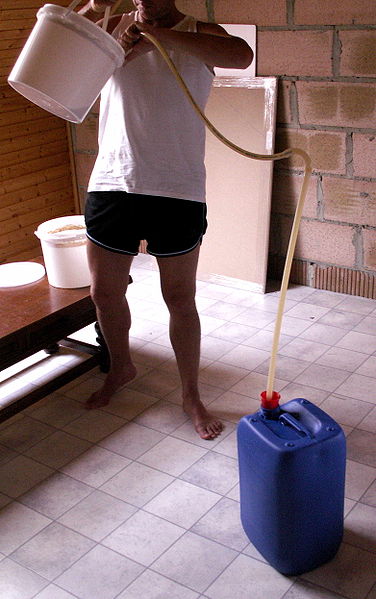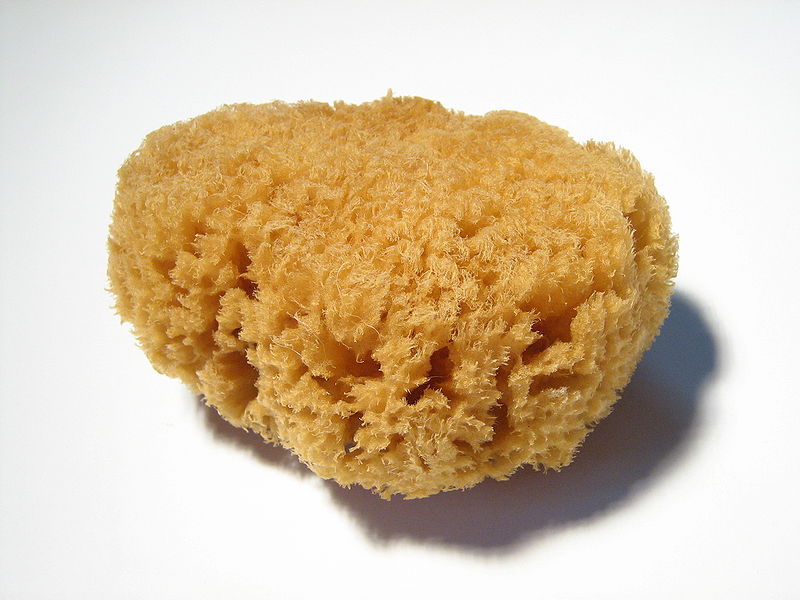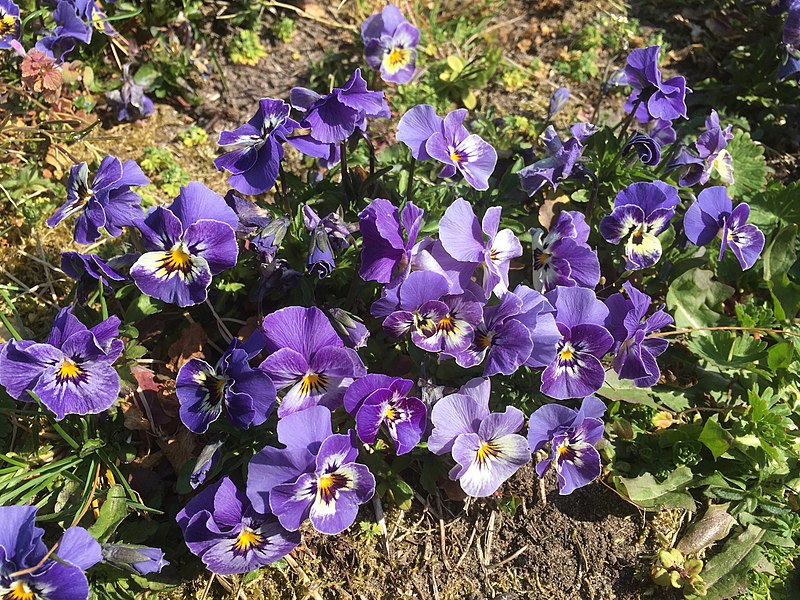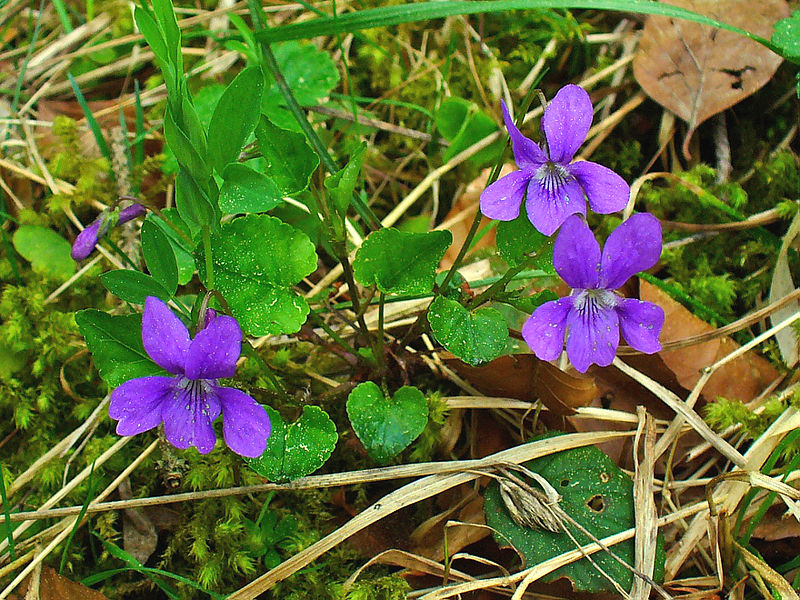Bern Riddle 30: De pisce
NEVILLEMOGFORD
Date: Sat 28 Nov 2020Matching Commentaries: Commentary for Bern Riddle 30: De pisce
Nullo firmo loco manens consistere possum
Et vagando vivens nolo conspicere quemquam.
Vita mihi mors est, mortem pro vita requiro
Et volventi domo semper amica delector.
Numquam ego lecto volo iacere tepenti,
Sed vitale mihi torum sub frigora condo.
I cannot stay still in a firm place,
and living as a wanderer, I do not want to see anyone.
Life is death for me, and I need death for life,
and my friendly, rolling home always delights me.
I never want to lie in a warm bed,
but I build myself a life-bed within the cold.
Notes:
This edition is based on Karl Strecker, ed., Poetae Latini aevi Carolini, Vol. 4.2 (Berlin, MGH/Weidmann, 1923), page 747.
A list of variant readings can be found in Fr. Glorie, ed., Variae collectiones aenigmatum Merovingicae aetatis, Corpus Christianorum, Series Latina 133A (Turnhout: Brepols, 1968), page 576.
Tags: latin Bern Riddles





Commentary for Bern Riddle 29: De speculo
NEVILLEMOGFORD
Date: Tue 09 Feb 2021Matching Riddle: Bern Riddle 29: De speculo
Mirror, mirror on the wall, who is the best riddle-creature of them all?
The riddle is centred around the idea of a mirror as simultaneously a liar and a truth-teller. Its images are a pale, dead reflection of reality—vanas figuras (“empty forms”) and exiguos foetos (“poor children”). The idea that a mirror image is a deficient copy of reality is reminiscent of a whole host of Neo-Platonic and Christian ideas about the world. I immediately think of St Paul’s famous remarks in 1 Corinthians 13:12 that Videmus nunc per speculum et in aenigmate, tunc autem facie ad faciem (“We now see through a mirror darkly [literally “in a riddle”], but then [we will see] face-to-face”). Largely due to Paul’s words, several important Christian philosophers and theologians talked about mirrors in their work. For example, Augustine of Hippo, writing at the end of the 4th and beginning of the 5th century, frequently makes use of Paul’s allegory, particularly in On the Trinity, to explain how humans can only see the image of God imperfectly and indirectly, as if through a mirror (Augustine, pages 27, 47, 54, 134, 144 et al.).
At the same time, the mirror is always faithful to reality—it produces proprios vultus ("the very images”) and formas… de vero (“images based on the truth”). Thus, the riddle manages to capture simultaneously the observed reality about mirrors and the philosophical-theological discourse that is associated with them. It contains several other apparent paradoxes too. The person who stands before the mirror is a praelucens…umbra (“shadow shining”) since they both produce a mirror image and cast a shadow. And the mirror is a mother who bears no living children, since the images that she produces are “unreal” or “dead.” The father is not mentioned. Perhaps he is intended to be the person who “desires” (petens) and “wishes” (volens) the mirror to “give birth to” their own image. Certainly, framing the relationship between viewer and mirror as one of male desire and female passivity is an interesting one, and very different to some conventional association of mirrors with vain, usually female, viewers.
I feel that there is a lot more to be said about this riddle, but it will have to wait until another day. So, I will end by saying something that I say a lot—the Bern Riddles often surprise us with their depth and complexity. This short riddle manages to reflect on some big topics—the nature of reality and self-desire.
References and Suggested Reading:
Augustine, On The Trinity, Books 8-15. Edited by Gareth B. Matthews, translated by Stephen McKenna. Cambridge Texts in the History of Philosophy. Cambridge: Cambridge University Press, 2002.
Fleteren, Frederick van. “Per Speculum et in Aenigmate: 1 Corinthians 13:12 in Augustine and Anselm.”Annali di studi religiosi, Vol. 4 (2003). Pages 559-565.
Frelick, Nancy M. (editor). The Mirror in Medieval and Early Modern Culture: Specular Reflections. Turnhout: Brepols, 2016. (Although this edited book focuses on the depictions of mirrors in late medieval and early modern texts, many of the articles also relate to much earlier works.)
Tags: latin Bern Riddles